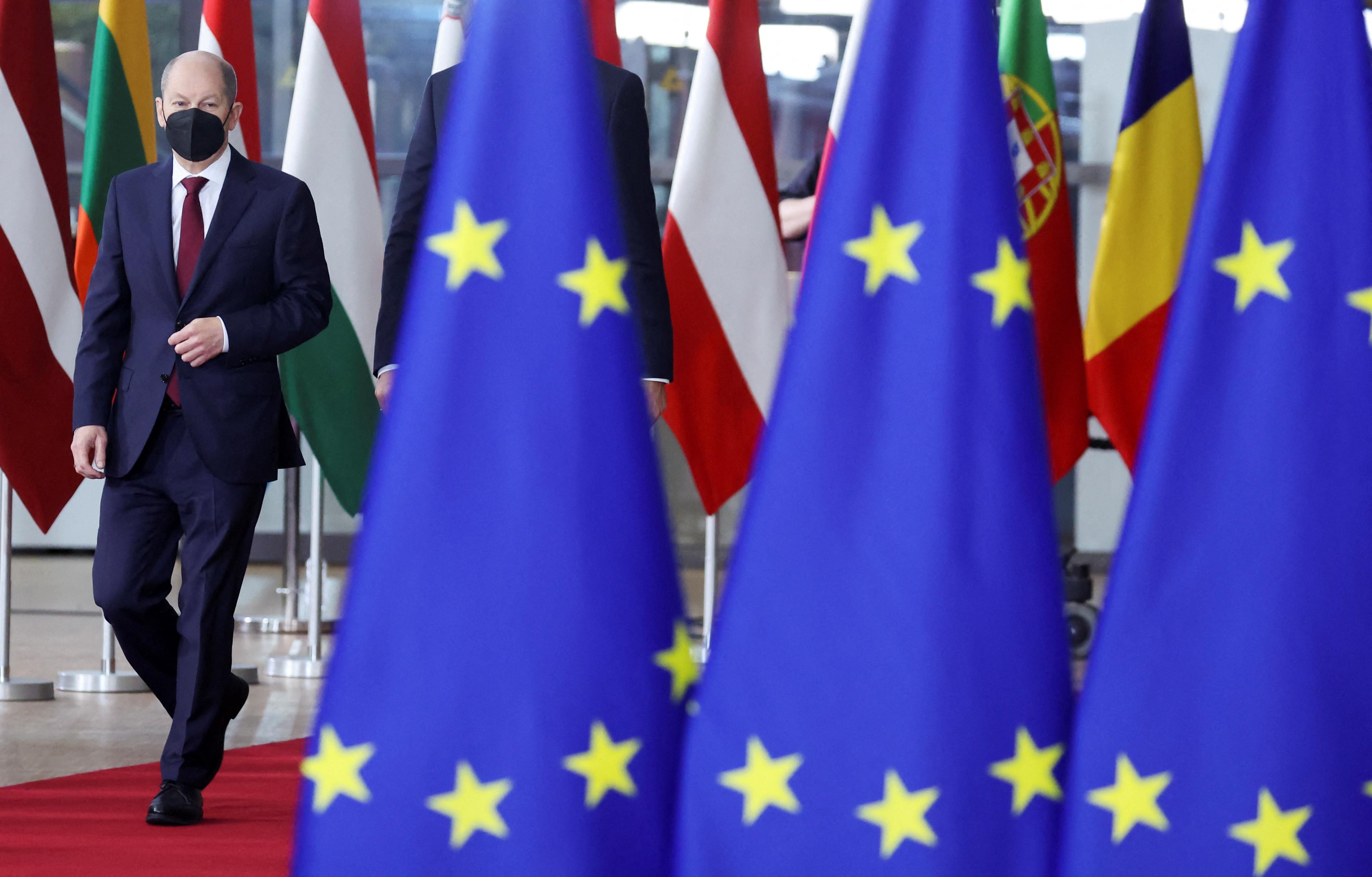What We’re Watching: EU vs twin threats, Hong Kong’s “election”, a Sicilian miracle
EU vs Omi-Kremlin. EU leaders met on Thursday to craft a response to the two major challenges of the moment for the bloc. The first is the surging number of COVID infections driven by the new omicron variant. An EU-wide approach has already been undermined as several countries — Italy, Ireland, Portugal, and Greece — moved unilaterally to tighten entry restrictions. The EU is expected to redouble its efforts to accelerate vaccination campaigns: currently about 60 percent of adults have received two jabs, but that number falls below 50 percent in much of Eastern Europe. With omicron infections doubling every two days, there isn’t much time to get ahead of the winter wave. The other big challenge is Russia, which continues to mass as many as 100,000 troops along the Ukrainian border. Vladimir Putin says he wants guarantees that NATO won’t expand eastward any more, and the EU and US are worried he’s about to invade Ukraine to underscore the point. Brussels is warning severe economic consequences if that happens, which could potentially involve mothballing the Nord Stream 2 Russian gas pipeline to Europe. But here too, the EU is divided — some smaller Eastern member states want Brussels to slap sanctions ASAP as a deterrent, while France and Germany worry about provoking the Kremlin into war.
What We’re Ignoring
Hong Kong’s (s)election. Hong Kong is set to hold legislative elections on Sunday, the first since Beijing last year passed a sweeping security law that all but snuffs out the city-state’s political independence from the People’s Republic. And, surprising just about no one, the authorities have highly curated the candidate list, vetting everyone via a “patriots only” approvals process. As a result, only three of the more than 150 candidates on the ballot identify as pro-democracy. And it’s not just us who are ignoring this election: barely half of Hong Kongers themselves plan to vote, the lowest expected turnout in three decades.
